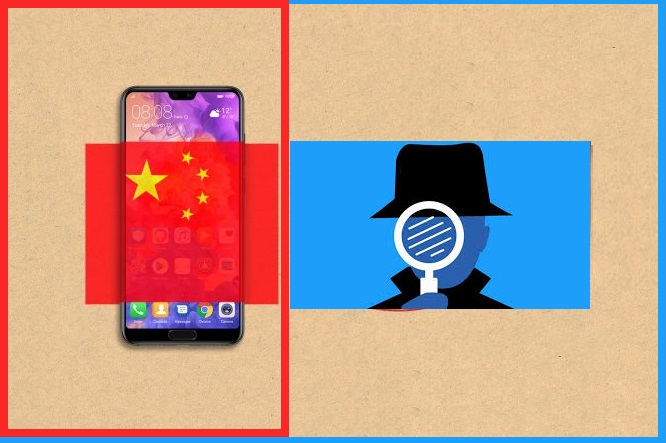In May 2019, the Trump administration filed criminal charges against Huawei for stealing technology calling the firm an espionage threat. The U.S. is asking other countries to follow suit.
Lawrence Ward is a partner at the international law firm Dorsey & Whitney in international business focusing on U.S. national security law, CFIUS, and international trade compliance law and licensing. Of the news he says:
“In sanctioning Huawei , the Trump Administration took an escalated step in its trade war with China and in the race to take the technological lead with respect to 5G. That action means U.S. tech companies can no longer supply Huawei or any of its 70 affiliated entities worldwide once they are officially added to the Entity List.
Additionally, foreign companies can no longer supply U.S.-origin parts and components to those entities and certain foreign-made parts and components that incorporate U.S.-origin parts and components may not be able to be supplied either.
Although in recent years Huawei has only sourced between 10 and 20% of its parts and components from U.S. companies, there is speculation that these parts and components – chips, processors, and OS software – are critical to Huawei’s product offerings and business.
China has threatened retaliatory sanctions that could impact U.S. telecom and tech companies. Not only will these new sanctions present a compliance challenge to U.S. companies but the sanctions will also create unique business challenges as U.S. companies will need to more carefully screen overseas R&D partners to snuff out connections to Huawei,” Ward says. For the Silo, Laura Kelley.
